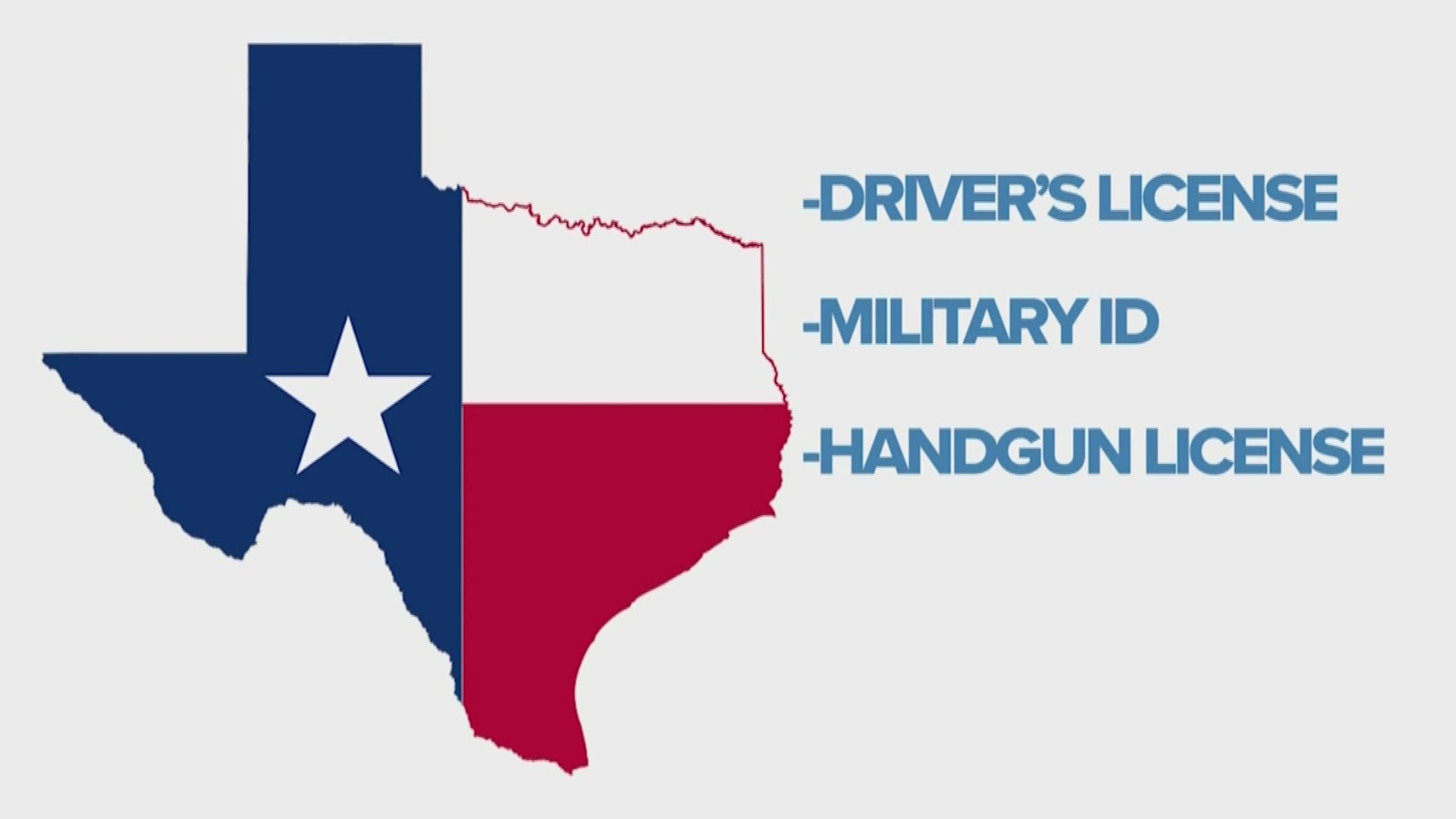AUSTIN, Texas — MJ Hegar has widened her lead over her rivals for the Democratic nomination to the U.S. Senate, but she’s one of a dozen candidates in that Texas race who remain strangers to a large majority of their primary voters, according to the latest University of Texas/Texas Tribune Poll.
Those widely unknown Democrats are vying for the seat held by Republican John Cornyn, a well-known incumbent who first won election to the U.S. Senate in 2002. Cornyn faces four opponents in the Republican primary.
The large number of candidates almost ensures a May runoff after the March 3 primary, but it’s not clear who might be in it. Hegar had the support of 22% of self-identified Democratic primary voters in Texas — the only candidate with double-digit support. Six candidates were next in line, in a tight grouping that makes it impossible to say for sure who’s in second place. With support ranging from 5% to 9%, that group includes Cristina Tzintzún Ramirez, Chris Bell, Amanda Edwards, Royce West, Annie “Mamá” Garcia and Sema Hernandez.
The rest said they preferred one of the five remaining candidates or “someone else,” or they refused to say who they’d vote for.
RELATED: 2020 voter guide for Super Tuesday
“There’s going to be a runoff, and Hegar is candidate one. But there is a six-car pileup for No. 2. Who knows who No. 2 is?” said Daron Shaw, co-director of the poll and a professor of government at the University of Texas at Austin. “It’s extraordinarily volatile.”
Some candidates did better than others when voters were asked which contestants they’ve heard of, but the biggest problem for the whole field is that most voters haven’t heard of any candidates. Hegar was the best known, with 31% saying they have heard of her. Put another way, 69% of the people who said they’ll vote in the Democratic primary haven’t heard of the best-known contestant.
Bell was next, at 23%, followed by West (19%), Tzintzún Ramirez (16%), Hernandez (13%), Edwards (11%) and Michael Cooper (10%). The rest of the candidates were known to fewer than one in 10 Democratic voters.
In the initial question about how they would vote, 56% of Democrats didn't express a preference. That leaves some uncertainty about who might make a May runoff. “You still have a huge chunk of Democrats who have not been paying attention to this race,” said James Henson, director of the Texas Politics Project at UT-Austin and co-director of the poll.
The University of Texas/Texas Tribune internet survey of 1,200 registered voters was conducted from Jan. 31 to Feb. 9 and has an overall margin of error of +/- 2.83 percentage points, and an overall margin of error of +/- 4.09 percentage points for Democratic trial ballots. Numbers in charts might not add up to 100% because of rounding.
Disclosure: The University of Texas at Austin has been a financial supporter of The Texas Tribune, a nonprofit, nonpartisan news organization that is funded in part by donations from members, foundations and corporate sponsors. Financial supporters play no role in the Tribune's journalism. Find a complete list of them here.
RELATED: More from the Texas Tribune

